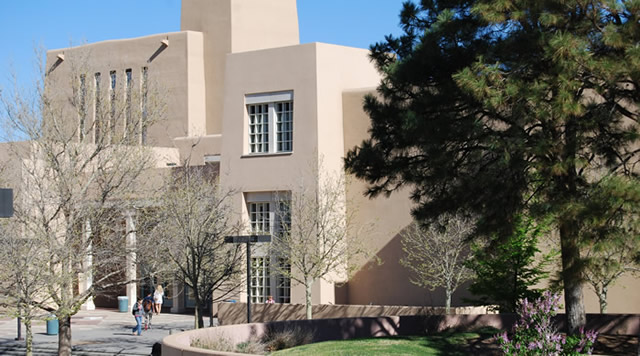
University Libraries & Learning Sciences Faculty and Staff Publications
Document Type
Presentation
Publication Date
3-24-2005
Abstract
Introduction: This paper does not present solutions to the use of pornography in public spaces such as the library nor does it reflect the opinions of the institution that pays my salary. Instead, it presents a dilemma and problematizes the use of and access to pornography and other taboo information materials by library users. Background: Pornography is the graphic representation of sexual acts. While hard copy formats certainly still exist, pornography is increasingly digital, moving from print to film to videocassette to the internet and DVD. Each of these digital formats requires the use of special equipment (VCR, computer with internet access, DVD player) that has its own associated purchase or rental costs. Information users without their own machines must either do without the information available only in these formats or seek out publicly available technology, such as that provided in the library. Dilemma: Librarians are the defenders of free speech and free access to information. We audibly hiss at the mention of CIPA, internet filters, and banned and challenged books. We follow a populist model of providing our user communities with the titles they want—even if we personally find romance novels trashy and the Captain Underpants series repugnant. So why do we treat porn as a special case? One of the most common statements librarians make about pornography begins: I don't care what people do at home, but in a public place\u2026' Does this mean that people without homes or private places do not have the right to access sexually explicit materials? Is sexual self-expression reserved for the upper/middle class who can afford privacy? If not, who provides the access, if not the library? If so, is there a line of what constitutes acceptable? Where is it drawn? Does the reason someone is looking at the information matter (e.g. Is looking at a penis for medical information somehow a 'better' use of the information than looking at it for sexual satisfaction?), and are we supposed to police the ways in which information is used/perceived, such as whether people get sexual satisfaction from a particular piece of information/image? If librarianship claims to be about providing people with the information they need without passing judgment, no matter what it happens to be for, can our anti-porn stance coexist with our ardent disapproval of censorship?'
Language (ISO)
English
Keywords
libraries, pornography, librarianship, censorship, digital divide
Recommended Citation
Sklar, Annelise. "The Pornographic Digital Divide: Libraries and Forbidden Knowledge." (2005). https://digitalrepository.unm.edu/ulls_fsp/25

Comments
Talk presented at Popular Culture Association/American Culture Association Annual Meeting in San Antonio, TX, April 7, 2004